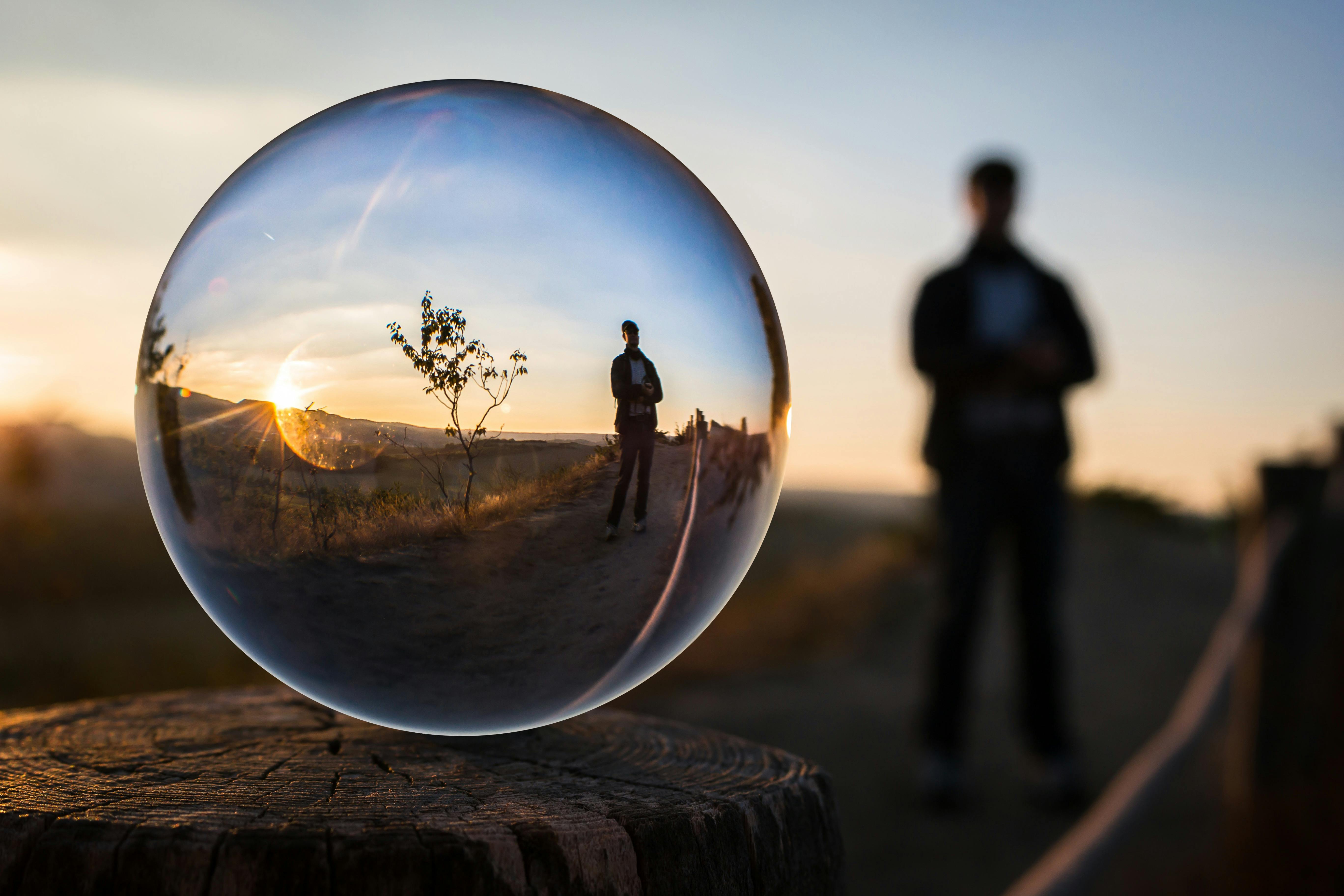Pausing to reflect can feel like a luxury in a world that moves fast. But when we don’t take time to step back, mental exhaustion builds, and work stress starts bleeding into personal life.
Reflection isn’t just about thinking. It’s about creating space between you and the constant demands of life. Here’s why it’s essential and how to build it into your routine.
Why reflection helps with mental wellbeing?
- Prevents emotional overload: When you pause to process experiences, you stop carrying unexamined stress with you.
- Improves decision-making: Reflection helps you gain clarity, making it easier to separate what truly matters from distractions.
- Strengthens resilience: Taking time to step back helps you recover from setbacks and avoid burnout.
- Rebuilds engagement: When you reflect on what’s meaningful, you reconnect with your purpose instead of feeling drained by routine.
How to incorporate reflection into your day?
1. Start with a simple question
You don’t need a long journaling session to reflect. A single thoughtful question can create the required mental distance to reset.
✔ Try asking yourself:
- What’s taking up most of my mental space right now?
- What’s one thing I can let go of today?
- Am I acting on autopilot, or am I being intentional?
2. Create a reflection habit
Reflection is most effective when it’s built into your routine. Make it a daily or weekly practice instead of waiting until you feel overwhelmed.
✔ Ways to add reflection to your day:
- Take 5 minutes in the morning to set an intention for the day.
- Use the end of the workday to check in with yourself before transitioning to personal time.
- Reflect on your week every Sunday, noting what worked and what needs adjustment.
3. Change your environment
Sometimes, mental clarity requires physical space. A short walk, sitting in a different room, or even stepping outside can shift perspective and help separate thoughts from emotions.
✔ Try this:
- Go for a silent walk without distractions and let your thoughts settle naturally.
- Change locations for reflection: sit on a balcony, visit a park, or move to a quiet corner of your home.
Final thoughts
Taking time to reflect isn’t about overthinking. It’s about stepping back, gaining clarity, and creating mental distance from stress. You can regain focus, prevent exhaustion, and move through life with greater awareness in just a few minutes a day.



